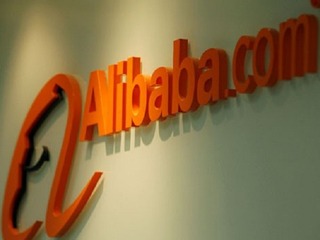

Chinese Internet giant Tencent, best known as the parent company of mobile messaging service WeChat, is once again taking on its biggest rival, Alibaba, this time in the mapping space.
Tencent has agreed to spent 1.17 billion yuan ($187 million) to buy a percentage of mapping service NavInfo, it was revealed in a filing with the Shenzhen Stock Exchange, which was first reported by Bloomberg on Monday.
The company will buy a total of will buy 78 million shares of NavInfo for an 11.3% stake.
It will be interesting to see what Tencent plans to do with NavInfo, but it would be easy to see the company integrating it into WeChat, which recently reached 355 monthly active users and is the dominant messaging platform in China, aka the only major market where WhatsApp does not have a presence.
The app makes money by selling virtual goods and gaming, but the app has also been used an e-commerce platform.
For the Chinese, November 11th is known as “Single’s Day.” It serves as almost an anti-Valentine’s Day, in which bachelors get to, you know, celebrate being single. Tencent made over 500 million Yuan that day, or over $81 million, by allowing customers to view, and then order, products available on Tencent’s 51buy website through WeChat’s menus.
With that in mind, Tencent would most likely want to take advantage of NavInfo’s location-based services to better advertise, and push its own products onto consumers.
Tencent vs Alibaba
This move follows Chinese e-commerce giant Alibaba’s agreement in April to buy Chinese digital mapping and navigation firm AutoNavi Holdings. Alibaba originally put $294 million into the company, for a 28% stake, in May of 2013.
This is not the only time this year that each company has tried to one-up the other by encroaching on their territory.
In March, Tencent formed a strategic partnership with Chinese online direct sales company JD.com, with Tencent taking a 15% stage in JD, as well as an additional 5% when JD goes public. The company filed for an IPO, worth $1.5 billion, in January. Bloomberg had the initial 15% stage pegged at $214.7 Million.
After that, in mid-March, Alibaba spent $215 million in mobile video chat app Tango,
The two companies are dukeing it out to be the top Internet company in China, but Alibaba might just gain the upperhand when it finally goes public in the United States, an offering that could be bigger than Facebook’s $16 billion IPO in 2012.
(Image source: navinfo.com)



















